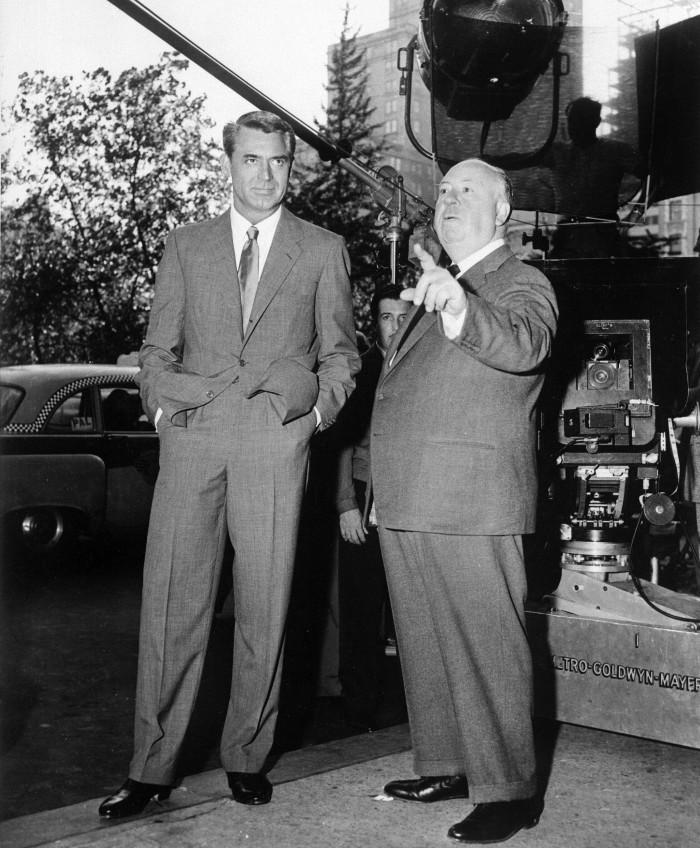Today in Movie Culture: 'Qui-Gon: A Star Wars Story' Fake Trailer, 'The Witch' Lego Figures and More
Here are a bunch of little bites to satisfy your hunger for movie culture:
Mashup of the Day:
Video essayist Dominick Nero mashed up Martin Scorsese’s Silence with Star Wars: Episode I – The Phantom Menace for a fake trailer for a standalone Qui-Gon spinoff:
@starwars fans, i made a trailer for a Qui-Gon standalone film. @disney please don’t destroy me pic.twitter.com/wOwlYMawKn
— Dominick Nero (@filminick) January 18, 2017
Fake Trailer Remake of the Day:
One of the fake movie trailers from Rick and Morty has been remade with footage from actual live-action movies and it’s awesome (via Geek Tyrant):
[embedded content]
Toys of the Day:
These probably aren’t real, but A24 shared this glimpse at a set of The Witch Lego minifigs, complete with Black Phillip:
New friends pic.twitter.com/zG65cFfY8U
— A24 (@A24) January 18, 2017
Easter Eggs of the Day:
Oh My Disney connects all of Pixar’s movies in backwards chronological order by Easter Eggs in this mind-blowing video (via Collider):
Vintage Image of the Day:
Cary Grant, who was born on this day in 1904, gets direction from Alfred Hitchcock on the set of North by Northwest in 1958:
Filmmaker in Focus:
Ever notice how much smoking there is in Quentin Tarantino movies? Check out this supercut whether you have or not (via Cinematic Montage Creators):
[embedded content]
Movie Food of the Day:
These Evil Dead Pop Tarts are not real, but we wish they were. See more inspired by other horror movies at Geek Tyrant.

Commercial of the Day:
Super Bowl ads are already hitting the web, including this action-packed spot for Wix.com starring Gal Gadot and Jason Statham (via ScreenCrush):
[embedded content]
Movie Comparison of the Day:
Speaking of Jason Statham, Couch Tomato shows us 24 reasons the remake of The Italian Job is the same movie as Fast Five:
[embedded content]
Classic Trailer of the Day:
Today is the 40th anniversary of the release of Pumping Iron starring Arnold Schwarzenegger and Lou Ferrigno. Watch an old trailer for the classic bodybuilding documentary below.
[embedded content]
and




